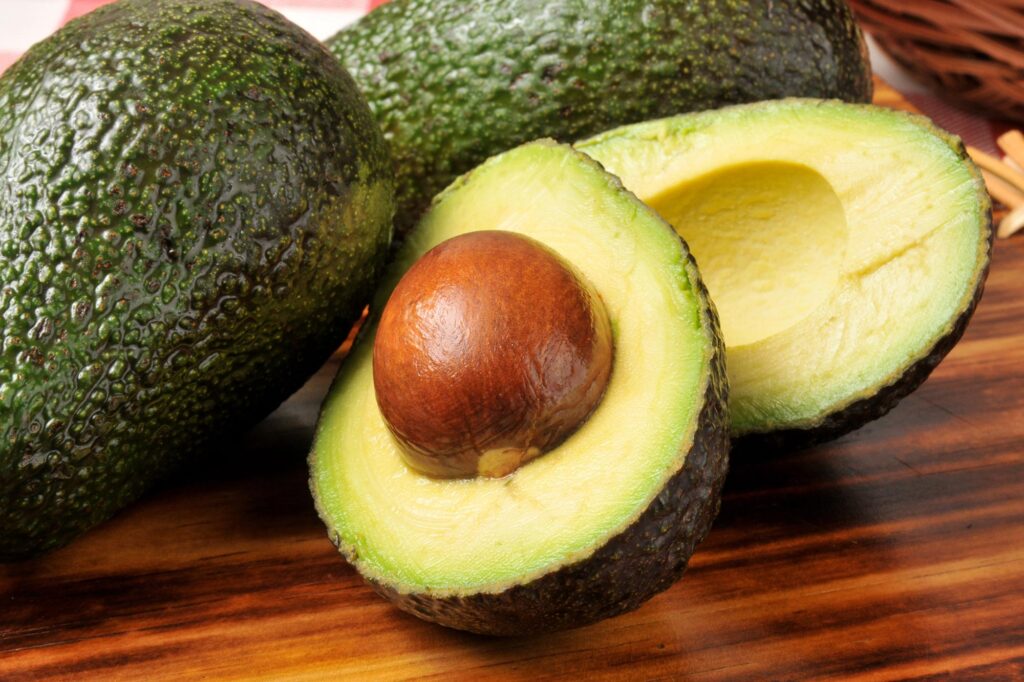For approximately 30 years, the researchers examined over 68,000 women and 41,000 men who were free of cancer, coronary heart disease, and stroke at the start of the trial on their diets every four years.
Avocados are pear-shaped fruits that are high in critical vitamins like A, B, C, E, and K, as well as minerals like copper, iron, potassium, and magnesium, making them a nutritious snack. They’ve become increasingly popular in recent years, with individuals using them as smoothie toppings or toast toppers.
A recent study claims that consuming two or more avocado servings per week can reduce the risk of heart disease by a fifth.
The study, which was published in the Journal of the American Heart Association, questioned approximately 68,000 women and 41,000 men who were free of cancer, coronary heart disease, and stroke at the start of the study about their diets every four years for 30 years. During this time, the researchers recorded 9,185 heart attacks and 5,290 strokes.
Food frequency questionnaires were given to the participants at the start of the trial and then every four years to assess their diets. They calculated avocado consumption by taking into account characteristics such as the volume consumed and the frequency with which it was consumed.
The researchers discovered a link between eating healthy fats and heart health, finding that those who ate avocados regularly had a 21% lower risk of coronary heart disease than those who did not. Furthermore, it was proposed that substituting half an avocado for half an egg, butter, egg, yoghurt, cheese, or processed meats reduced the risk of heart disease by 16–22%.
According to the expert, the body requires a certain quantity of fat. Eating avocado twice a week is beneficial to heart health, says one expert.











More Stories
AI to assist doctors in detecting broken bones in X-rays
Enhancing digital health initiatives could help prevent millions of deaths from noncommunicable diseases
Sweden Confirms Its First Case of Mpox